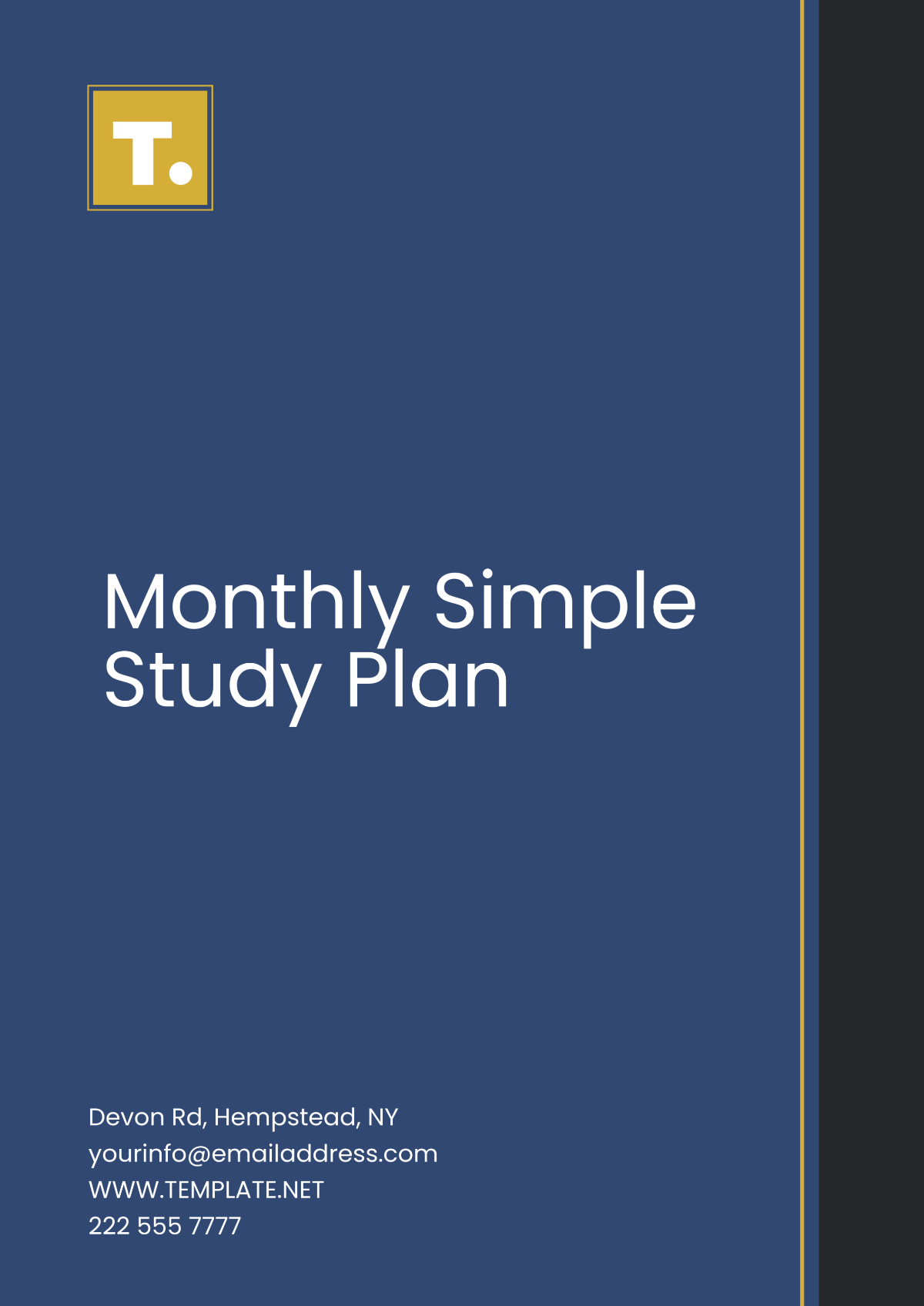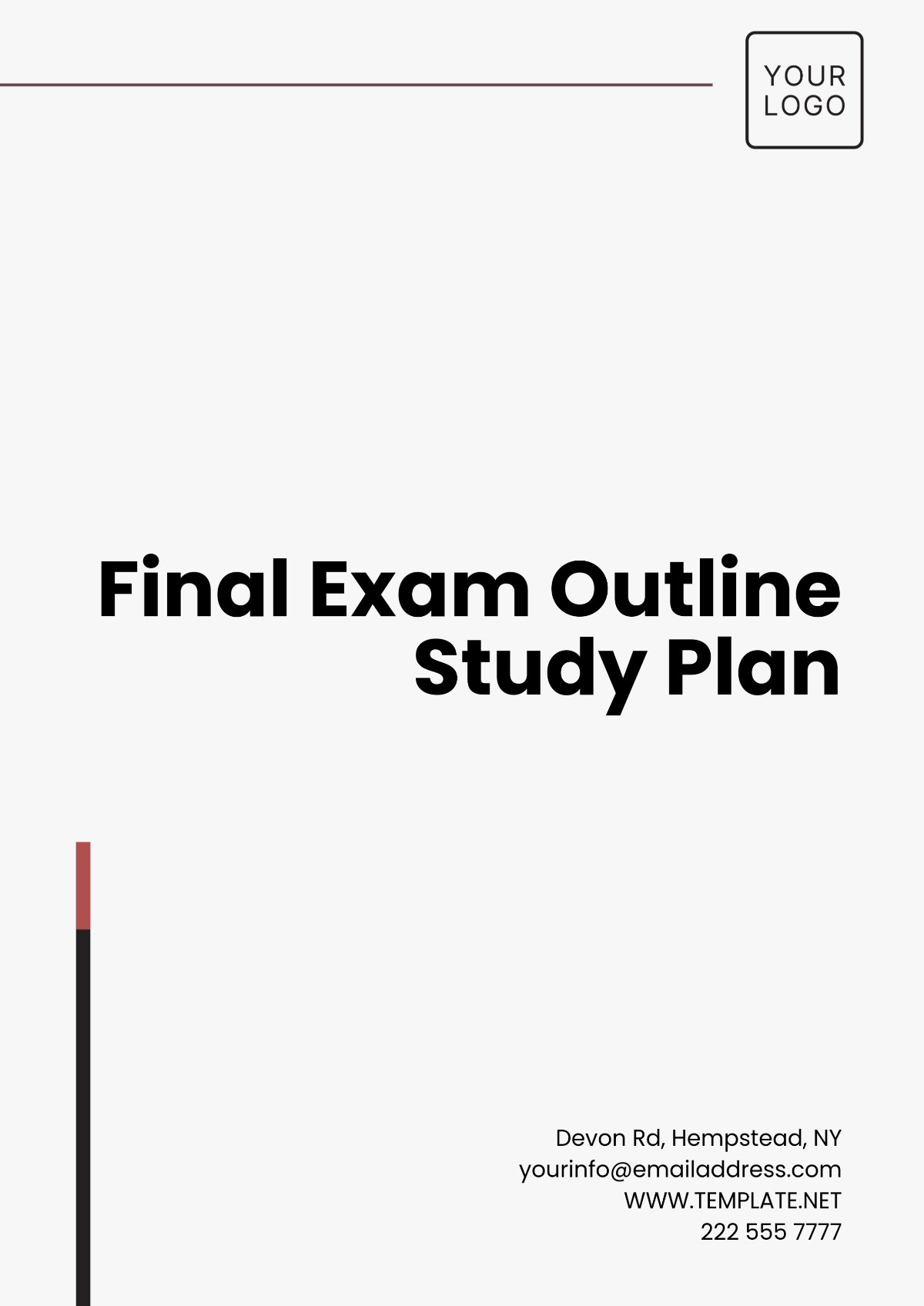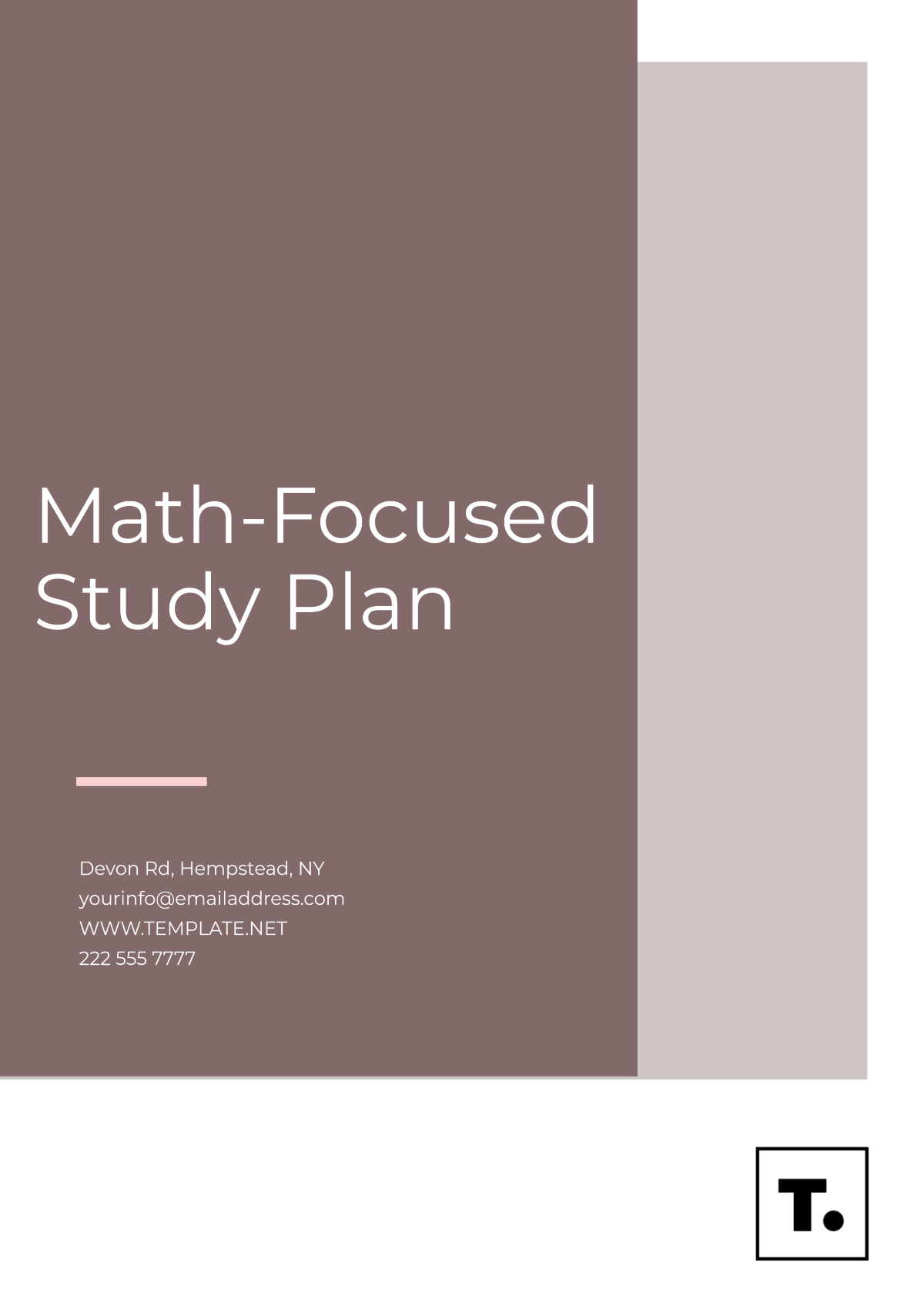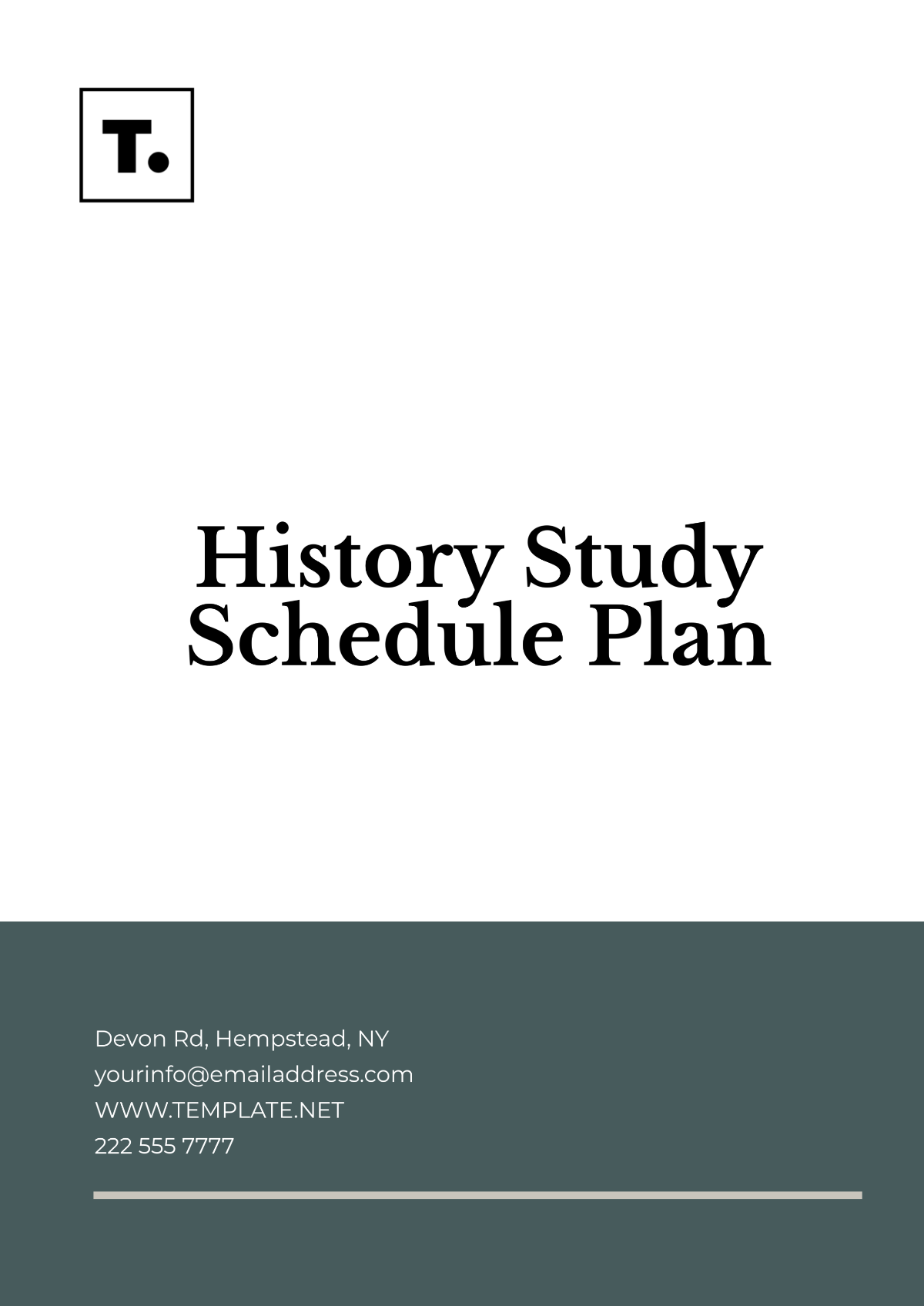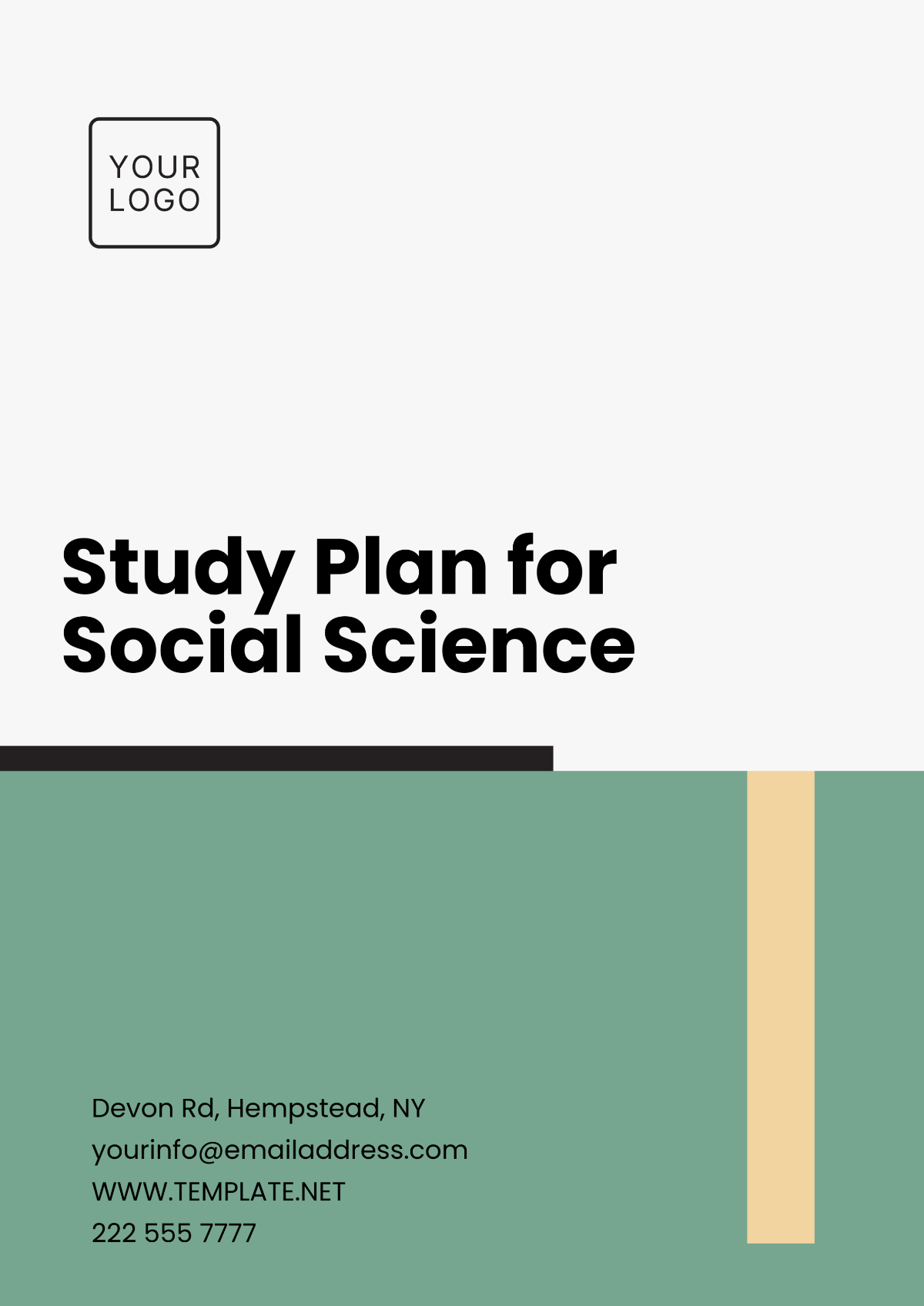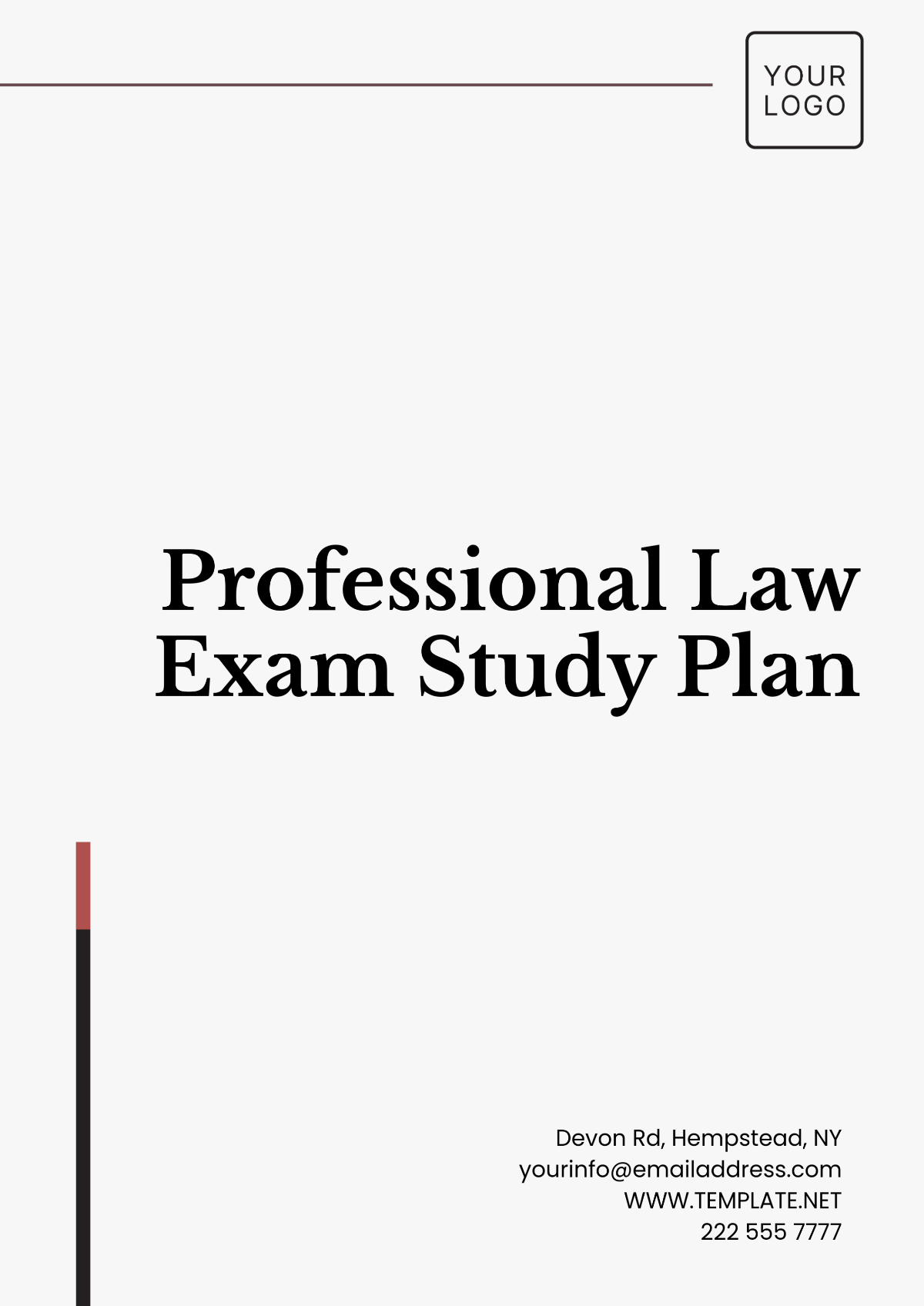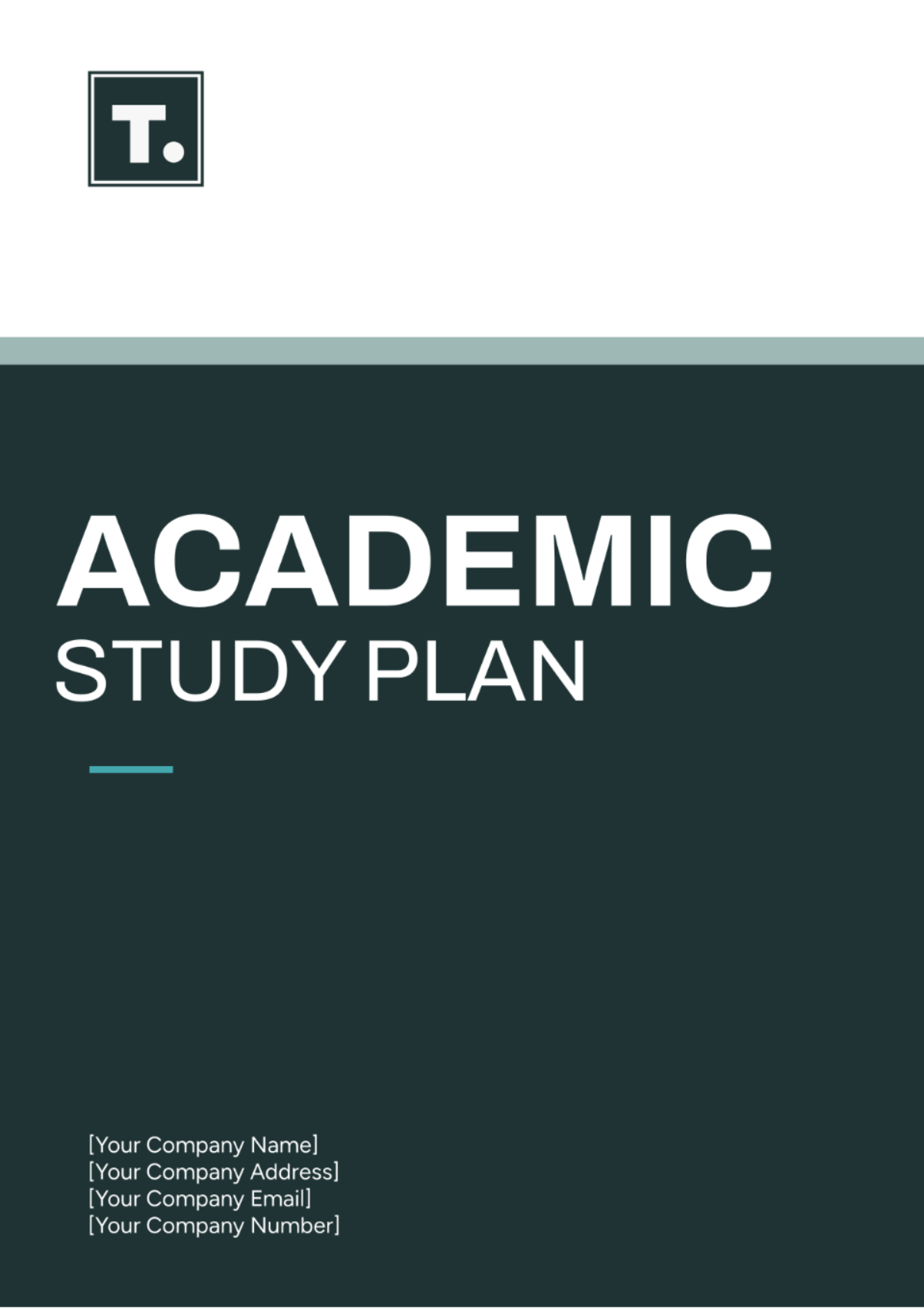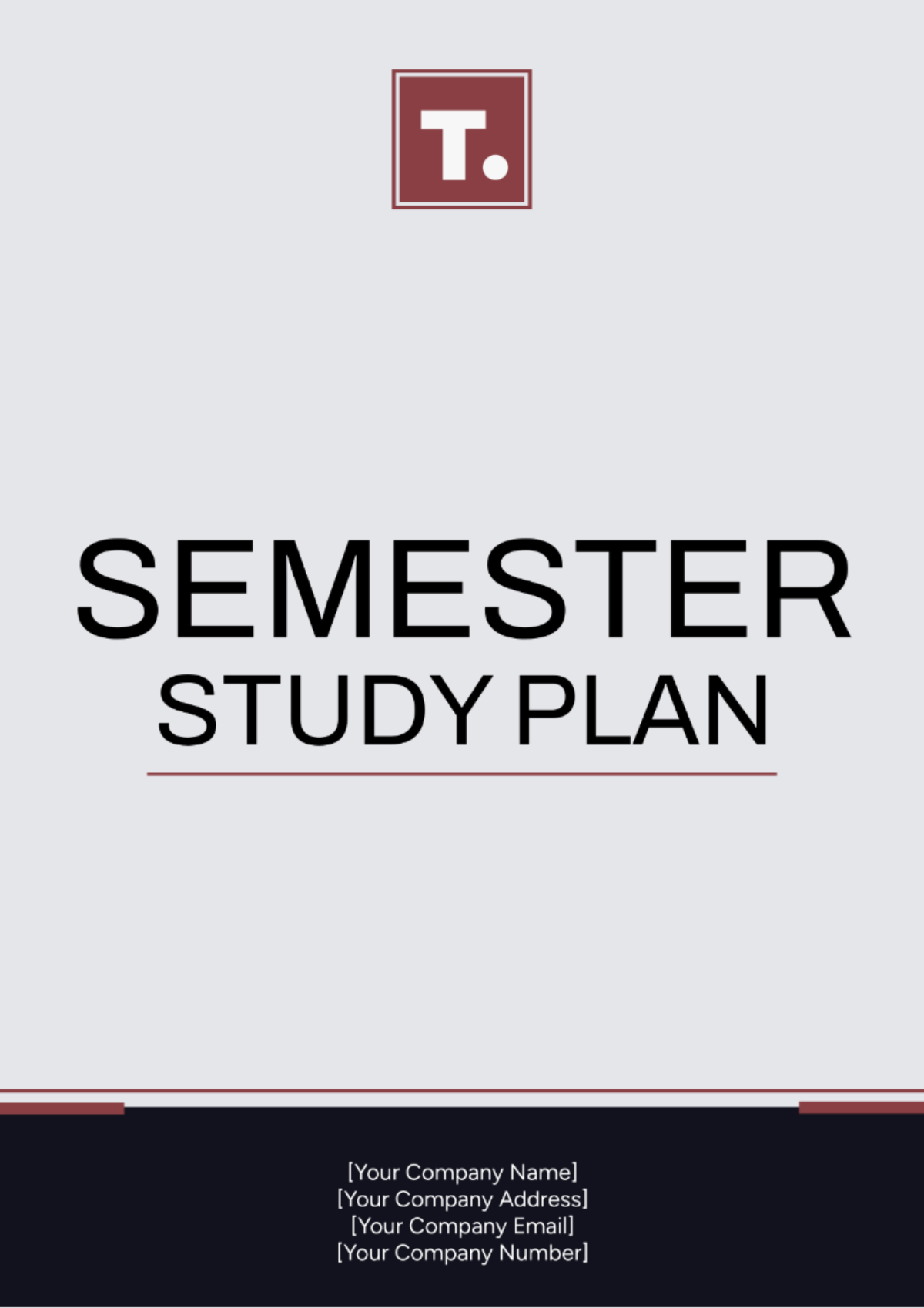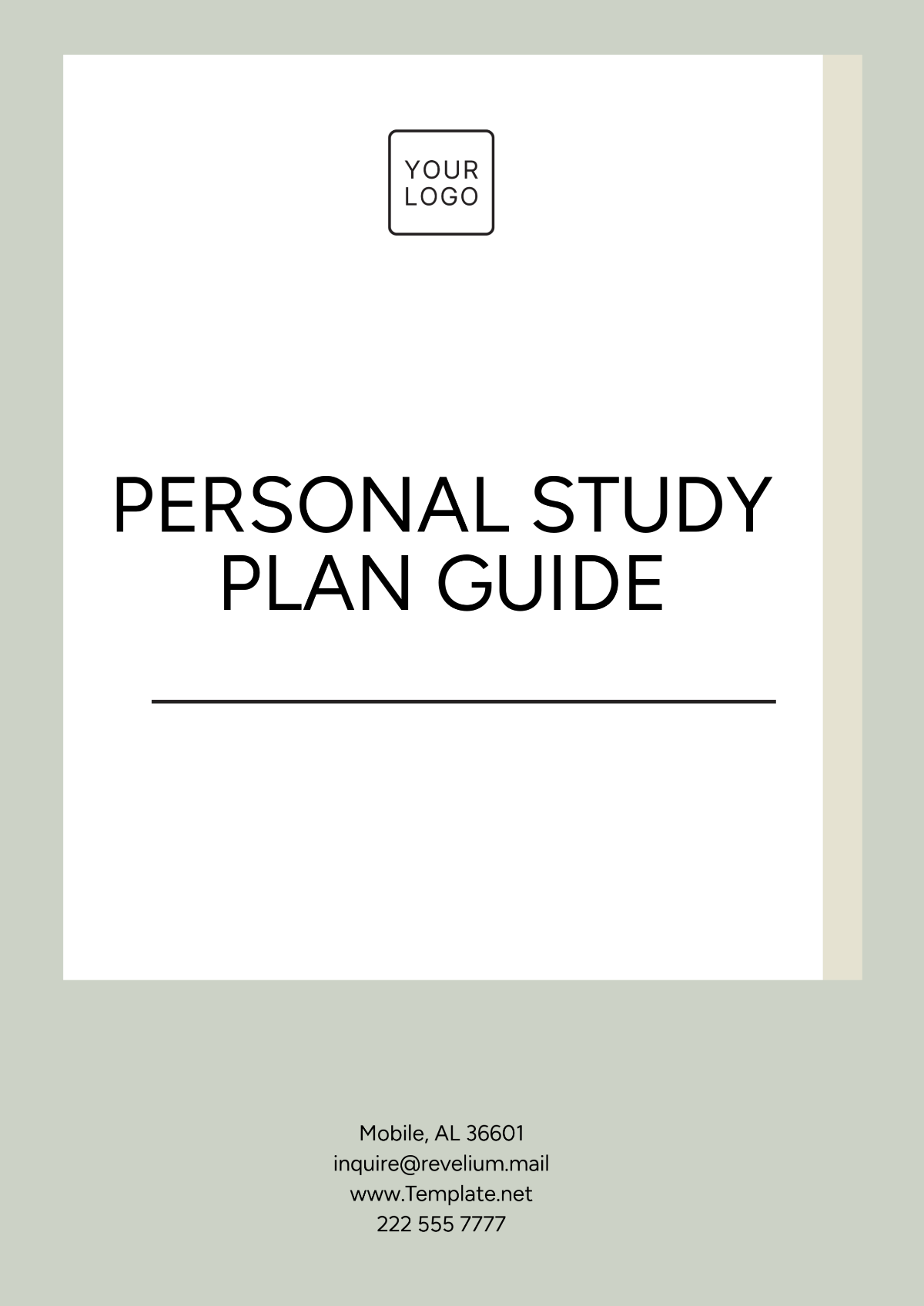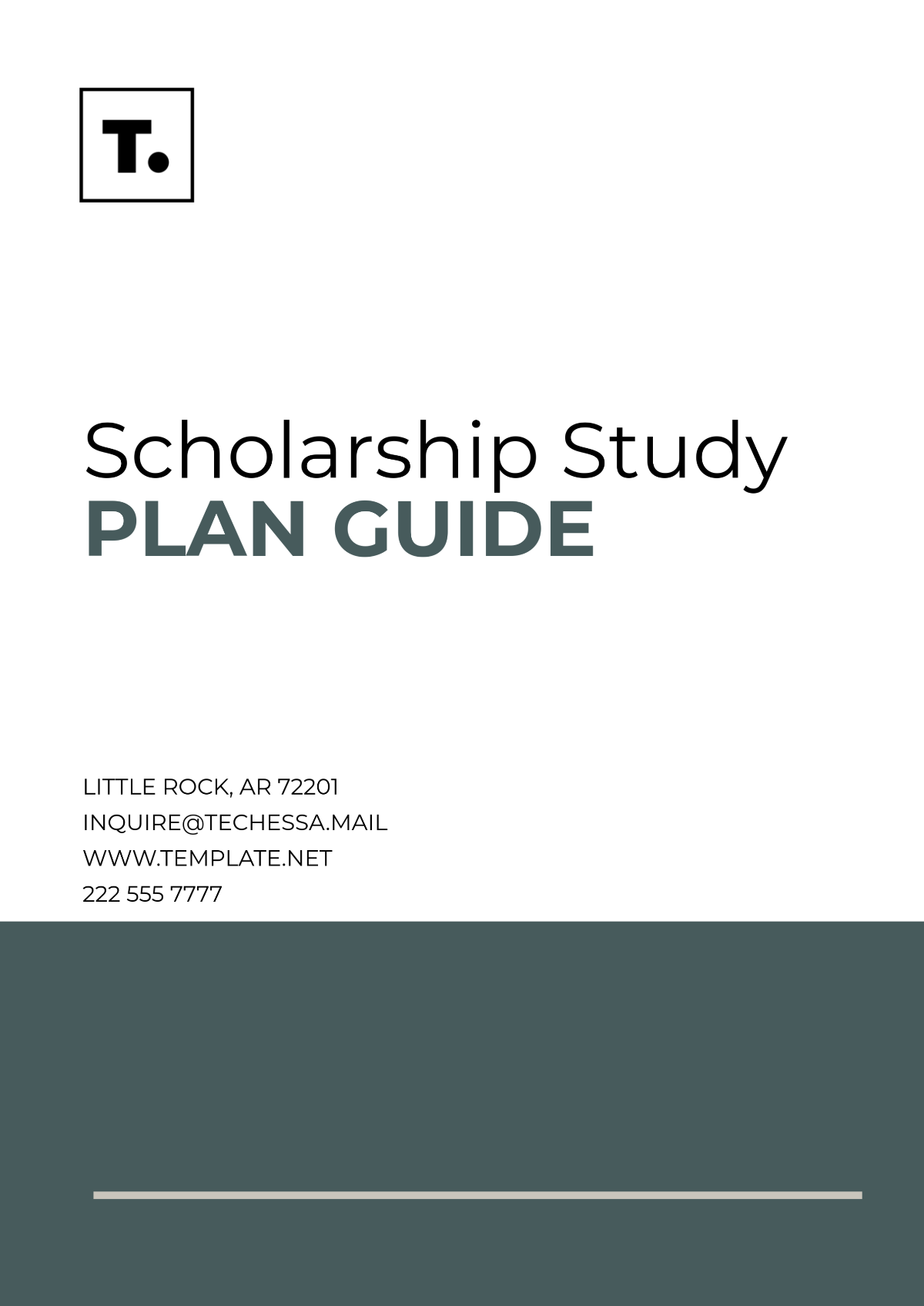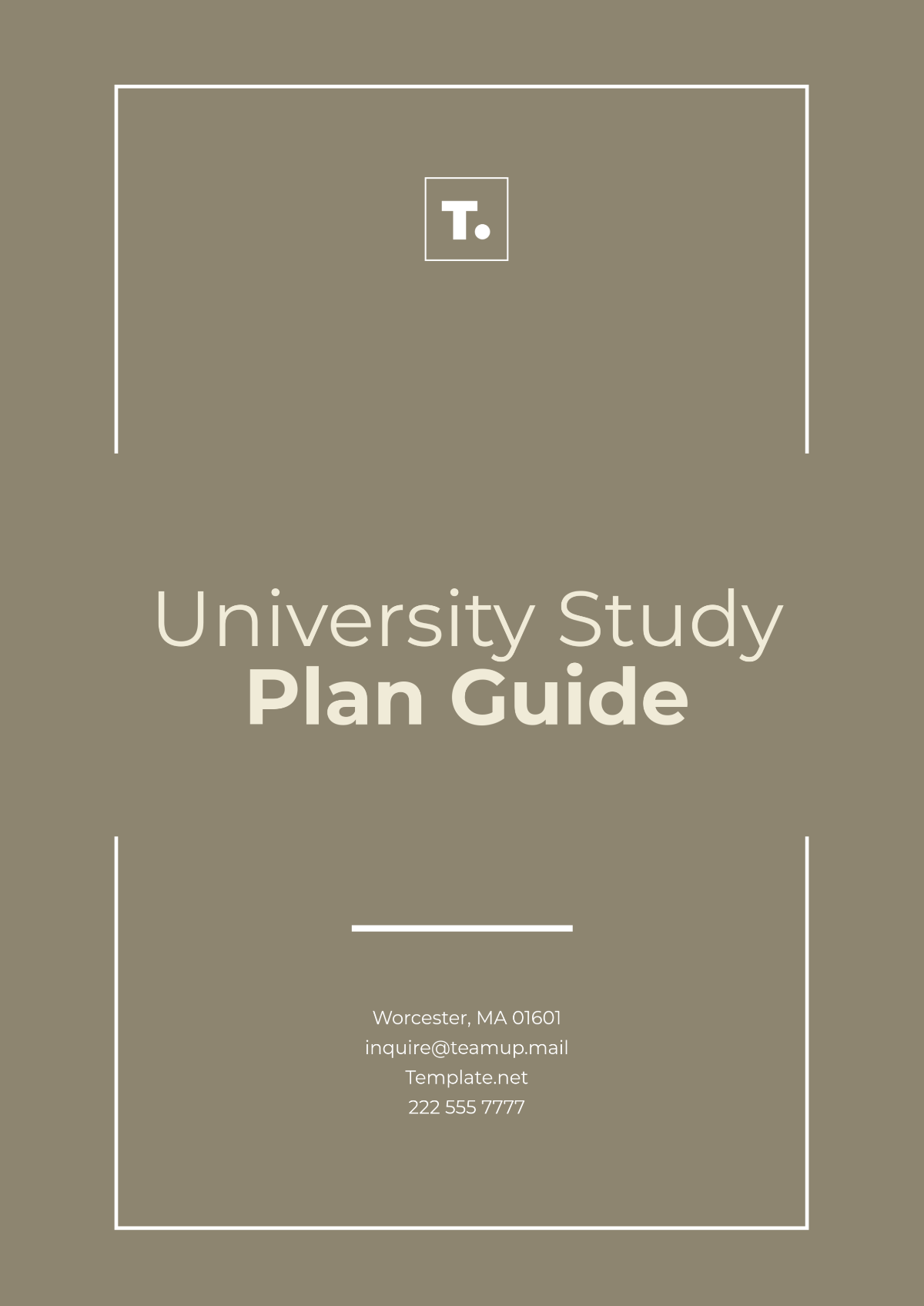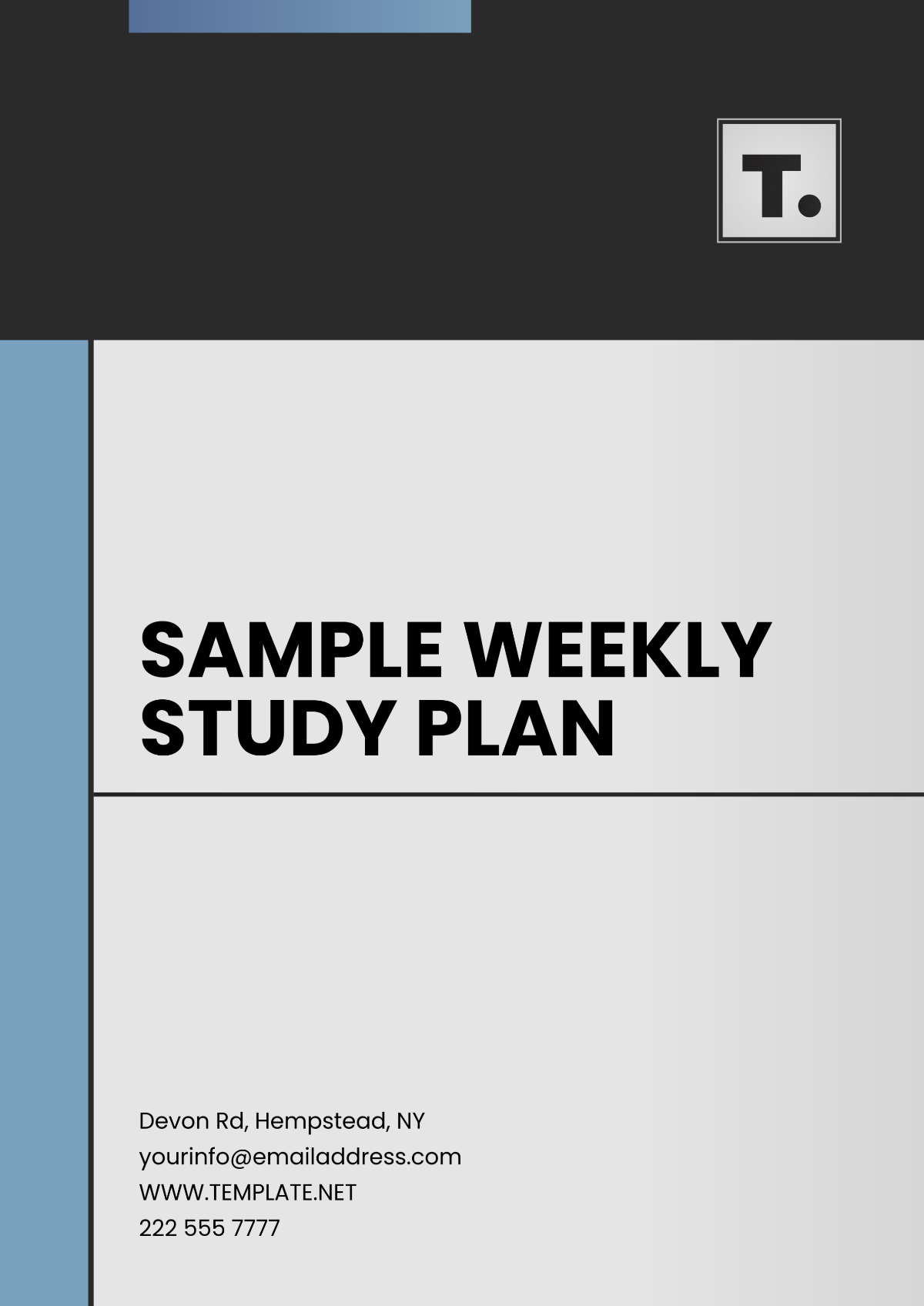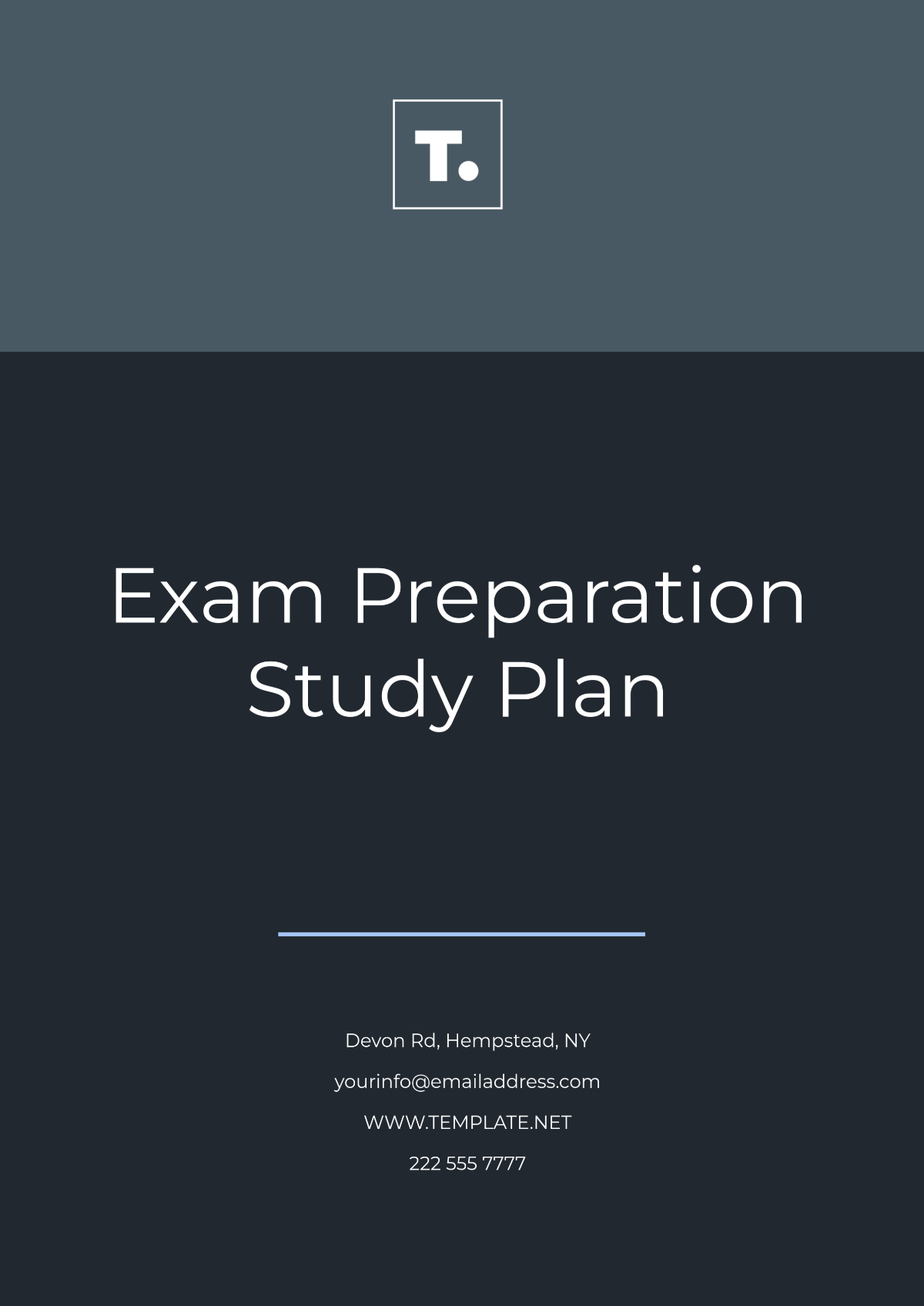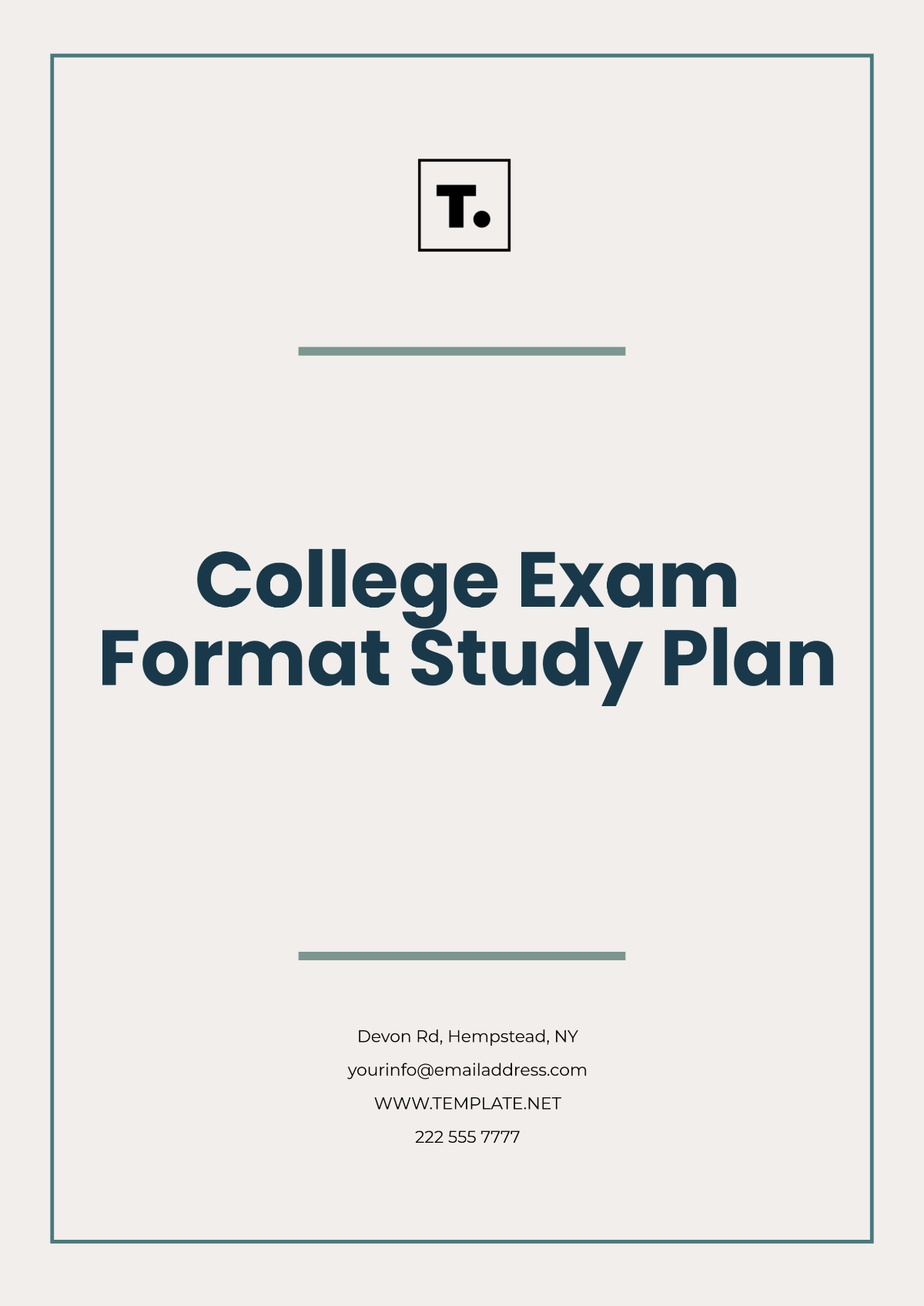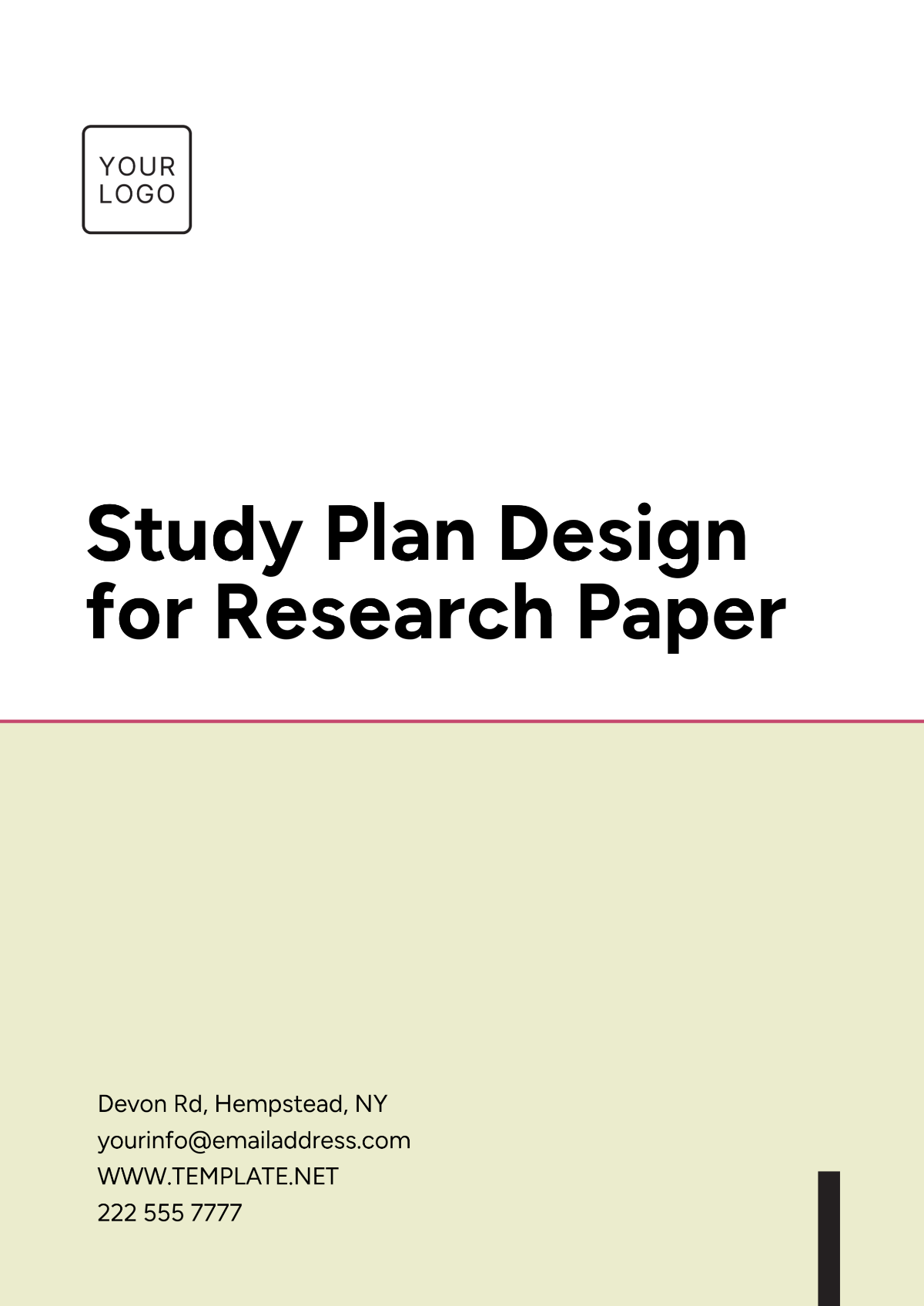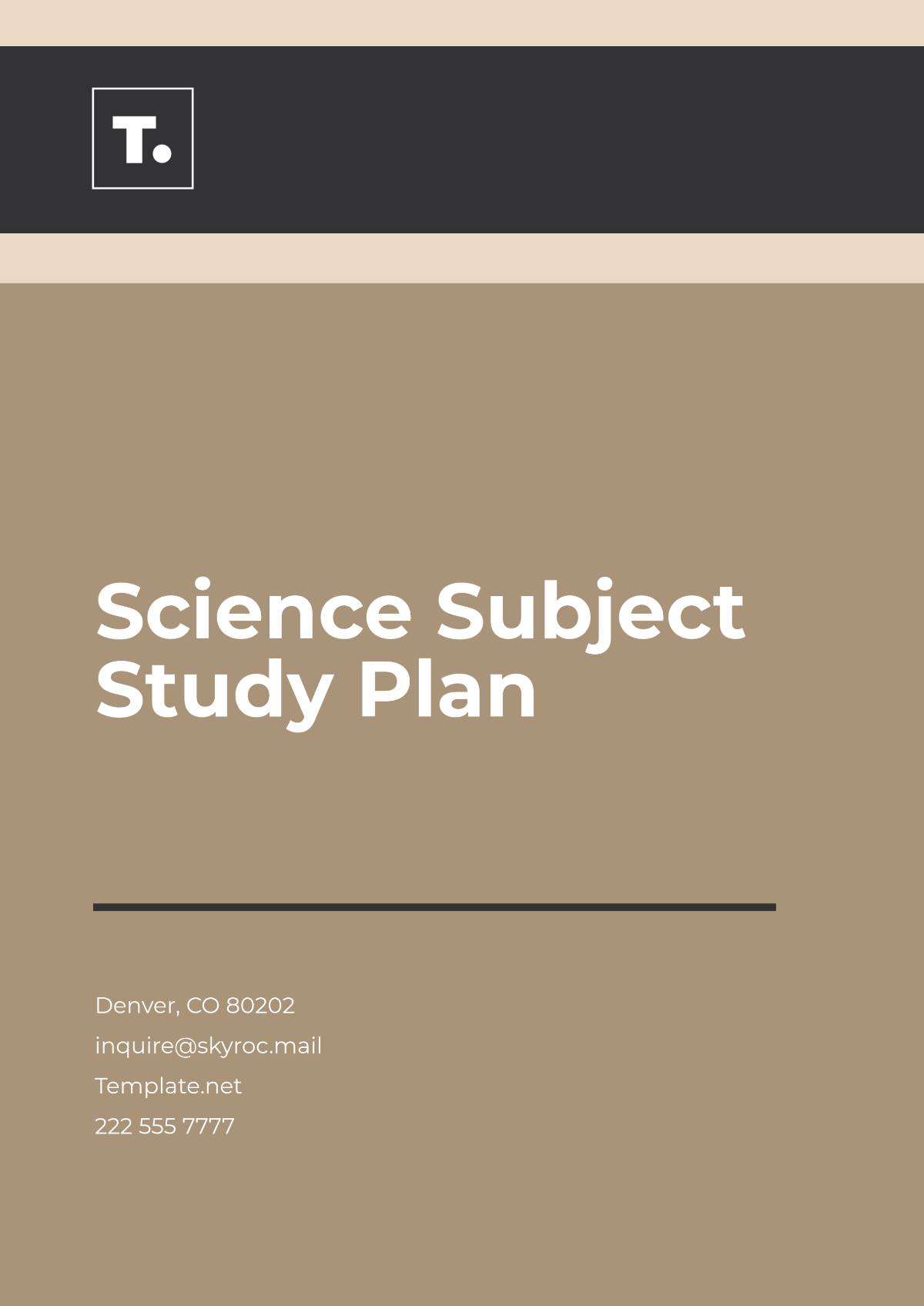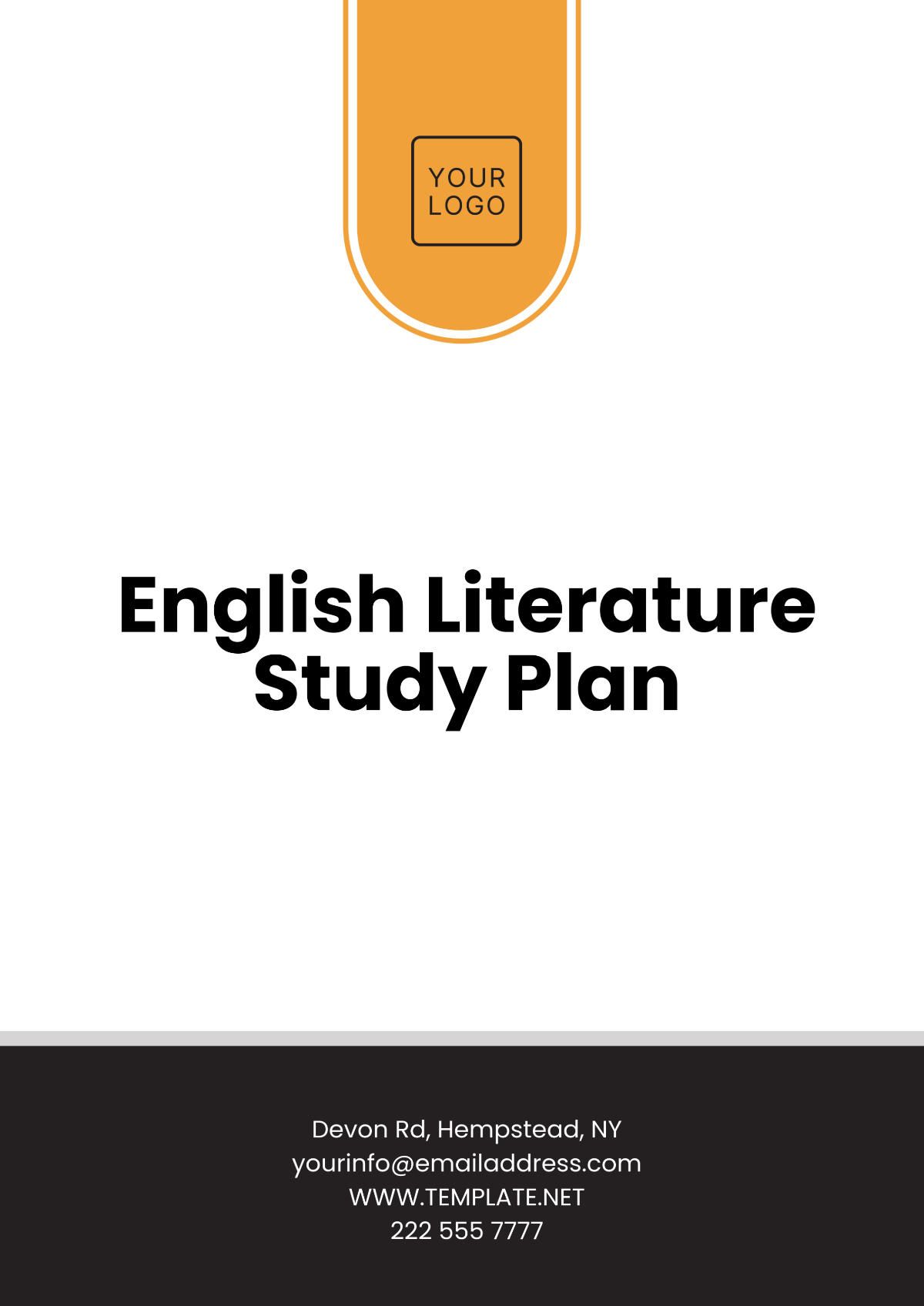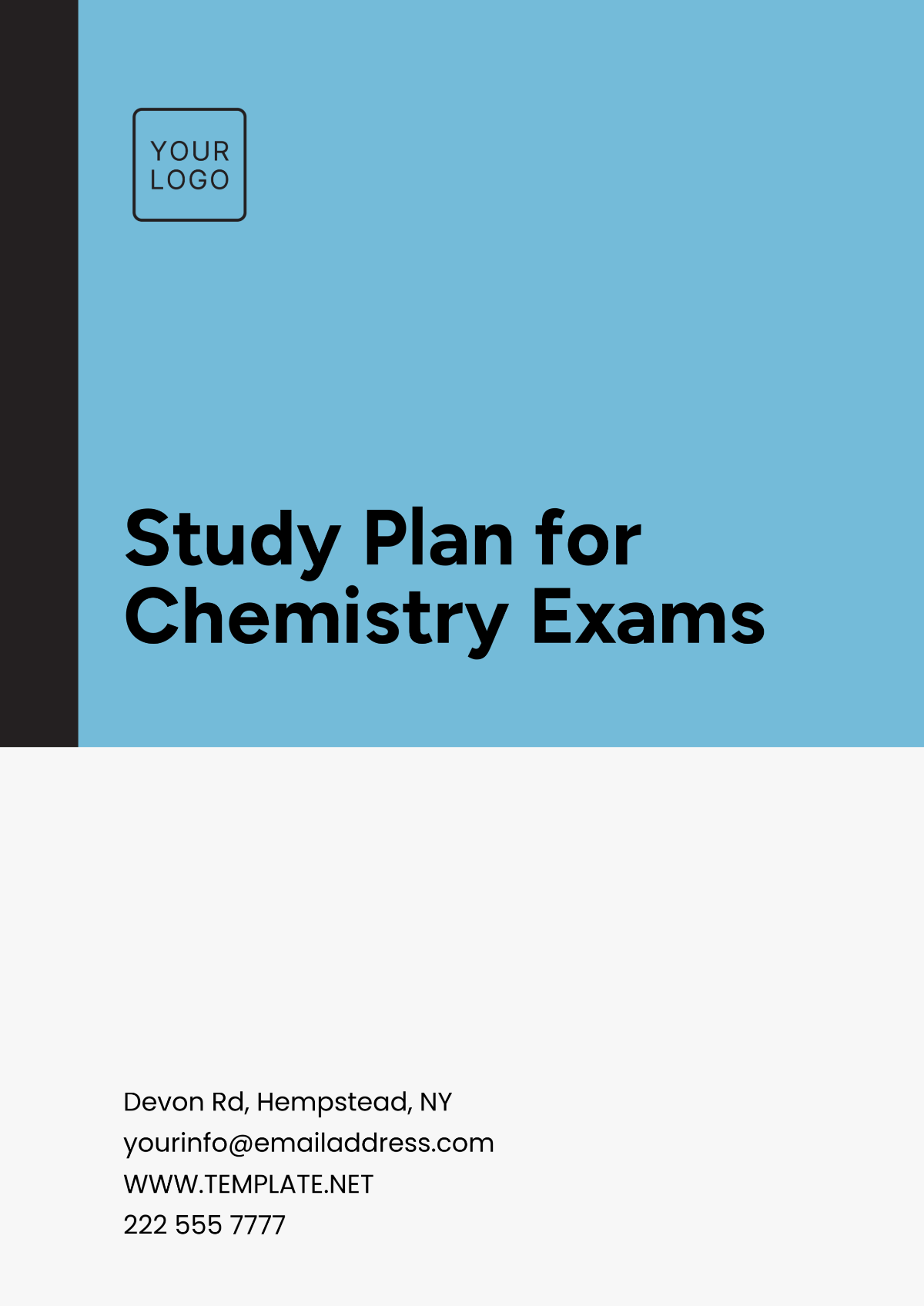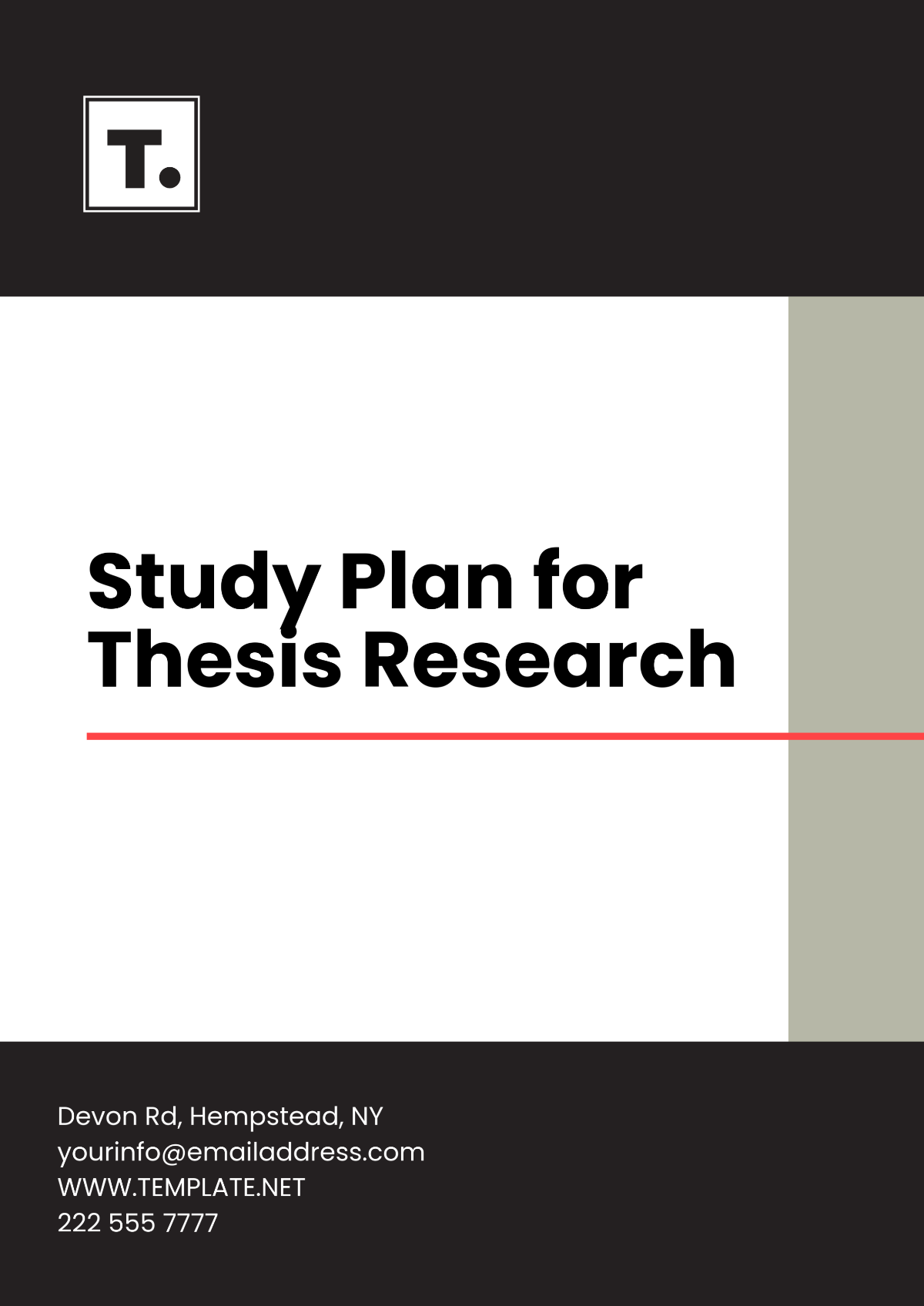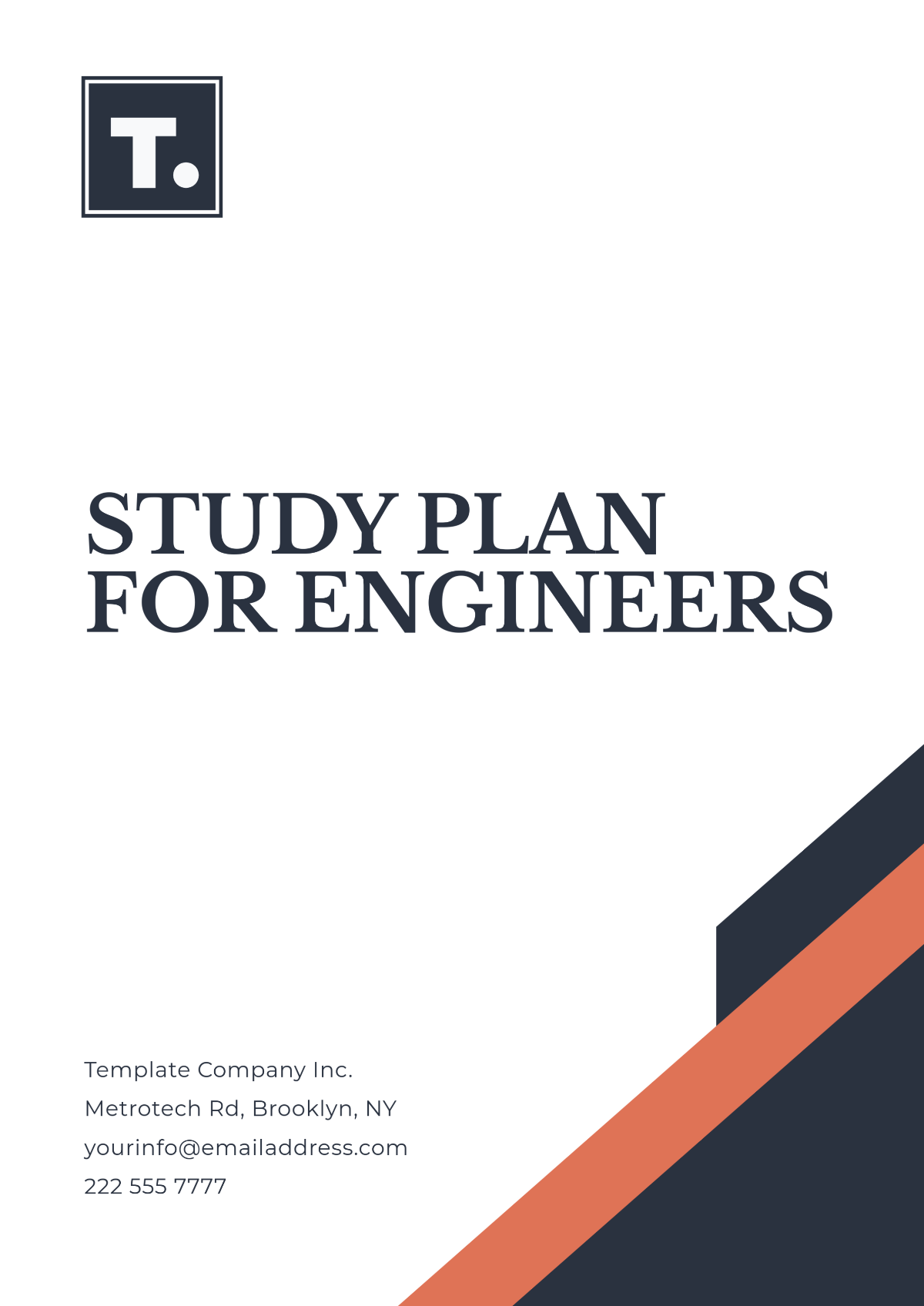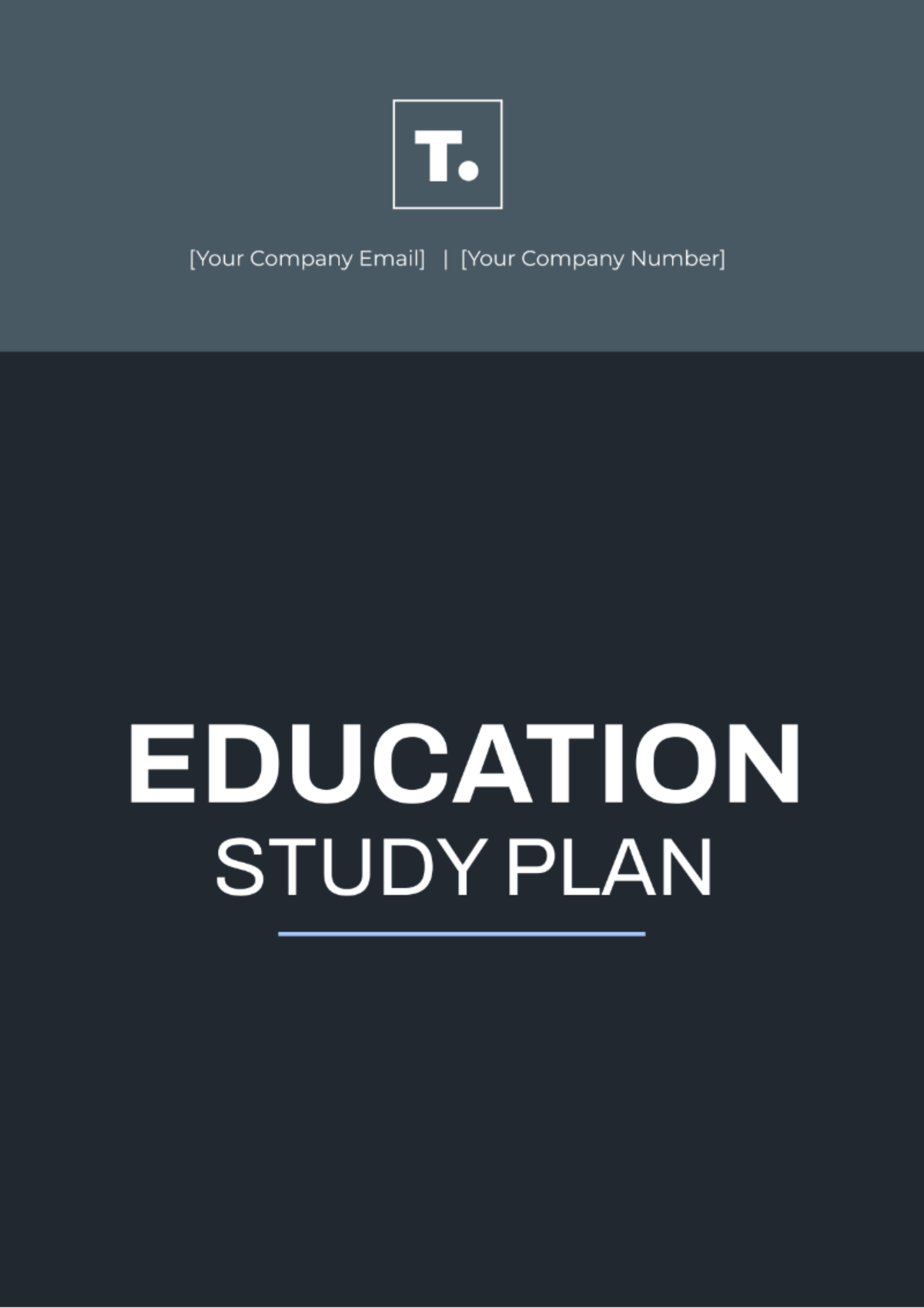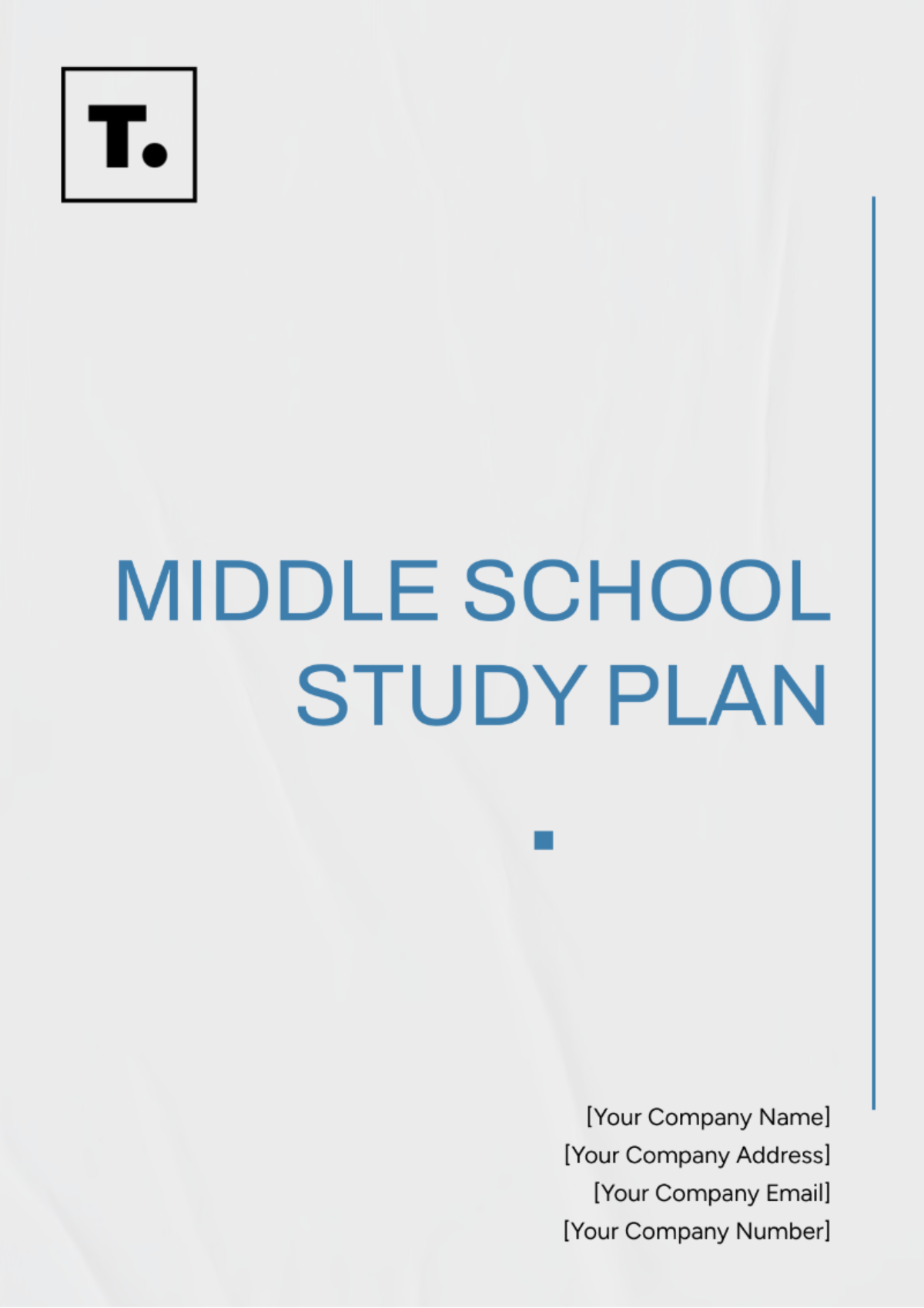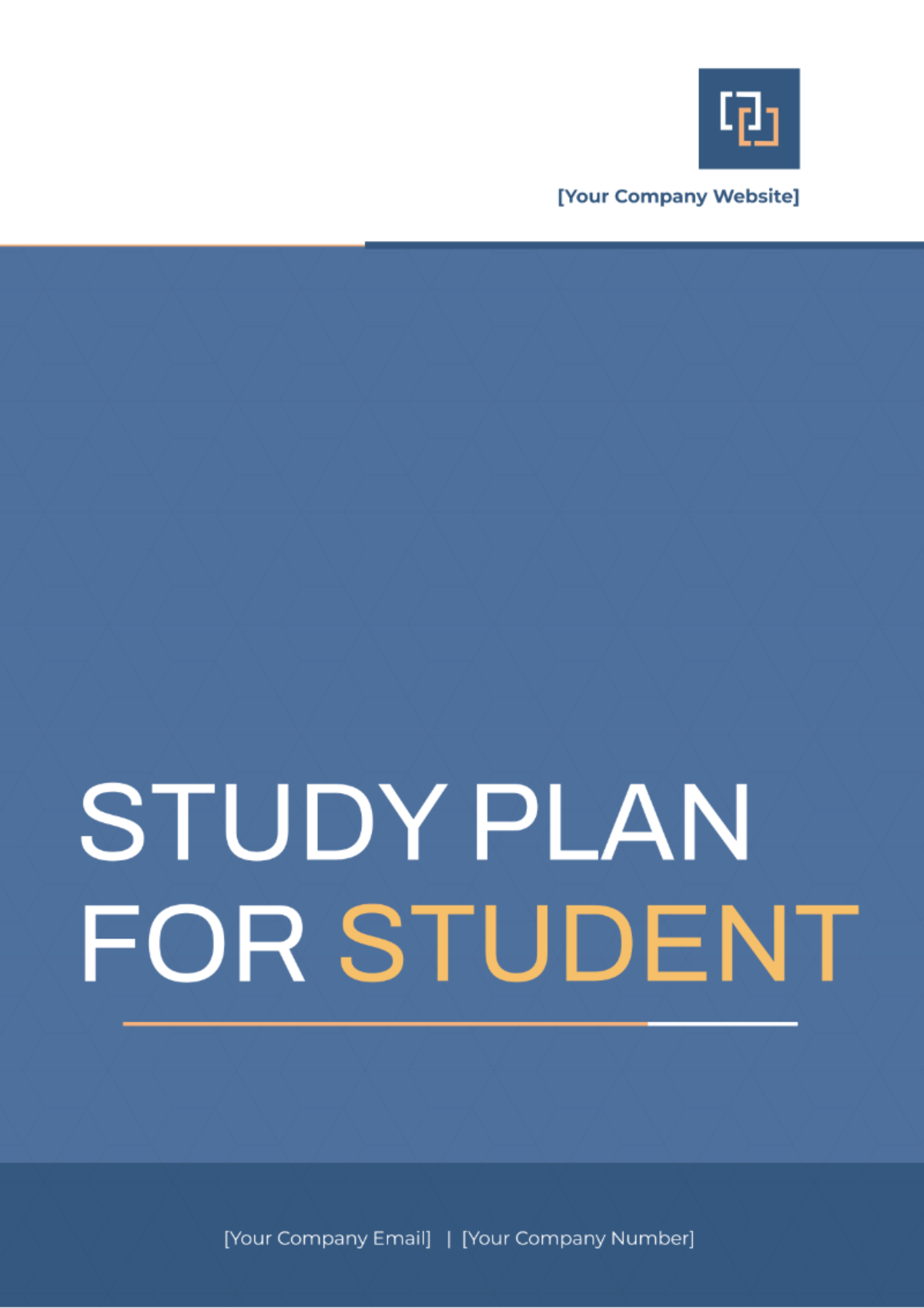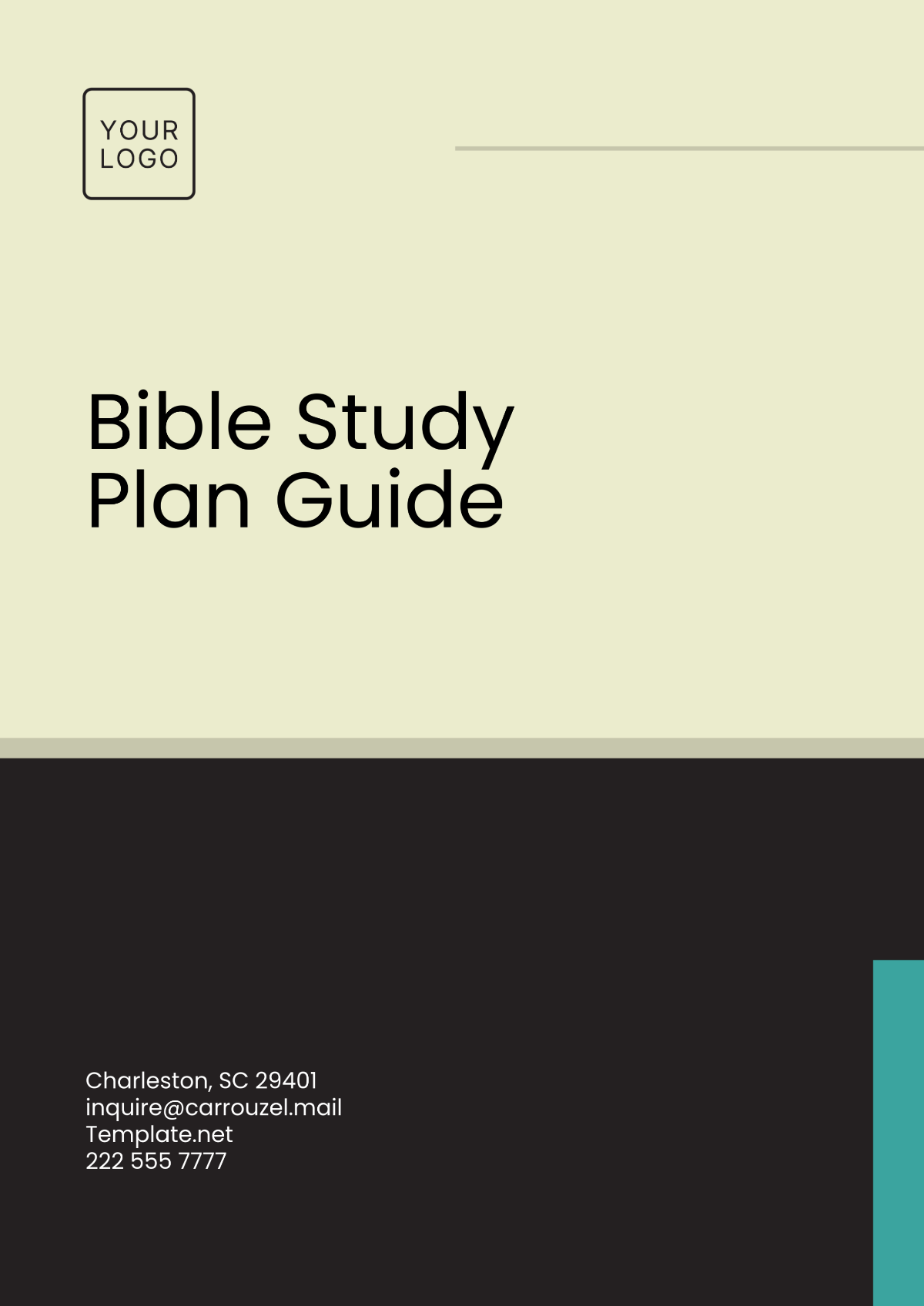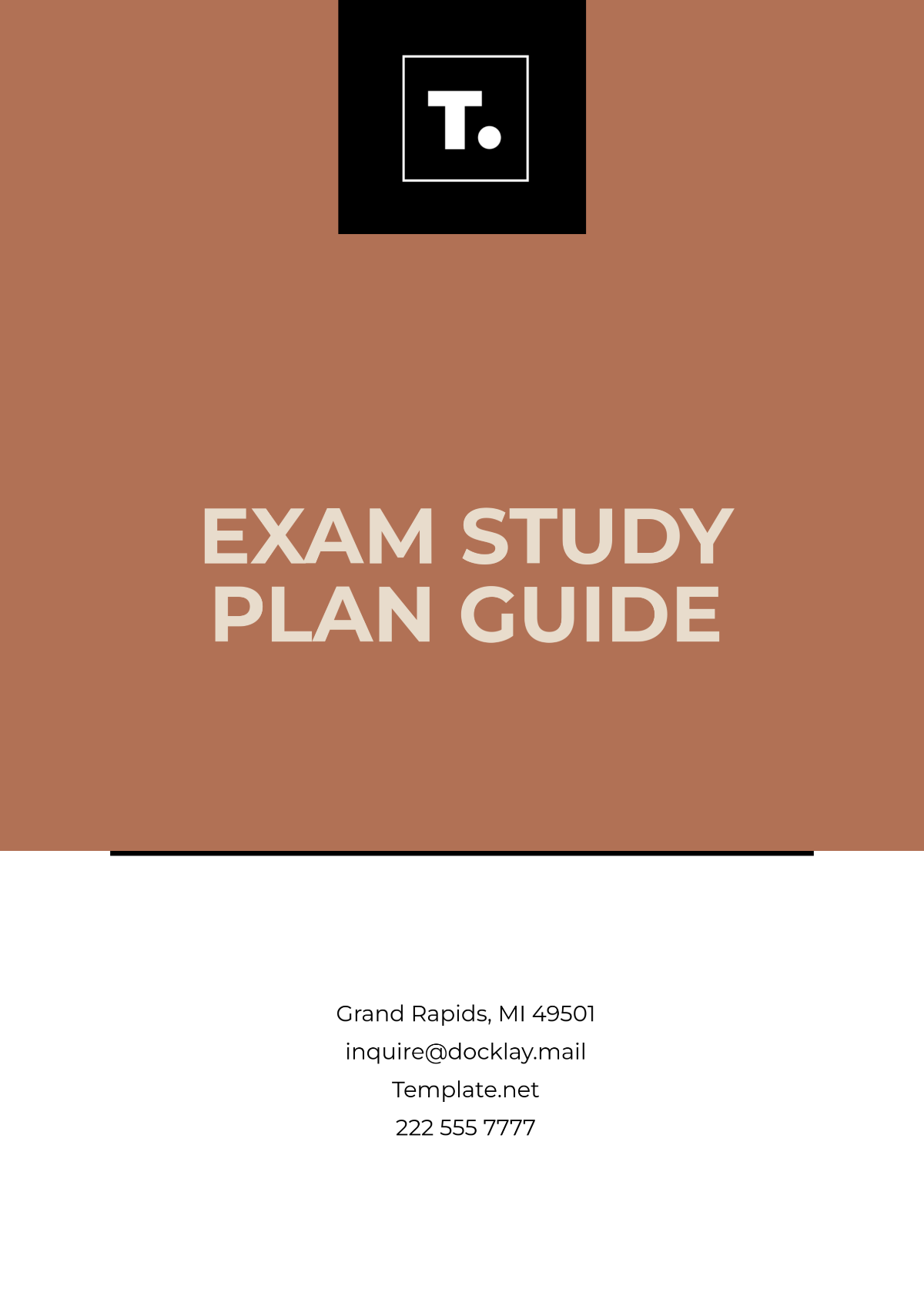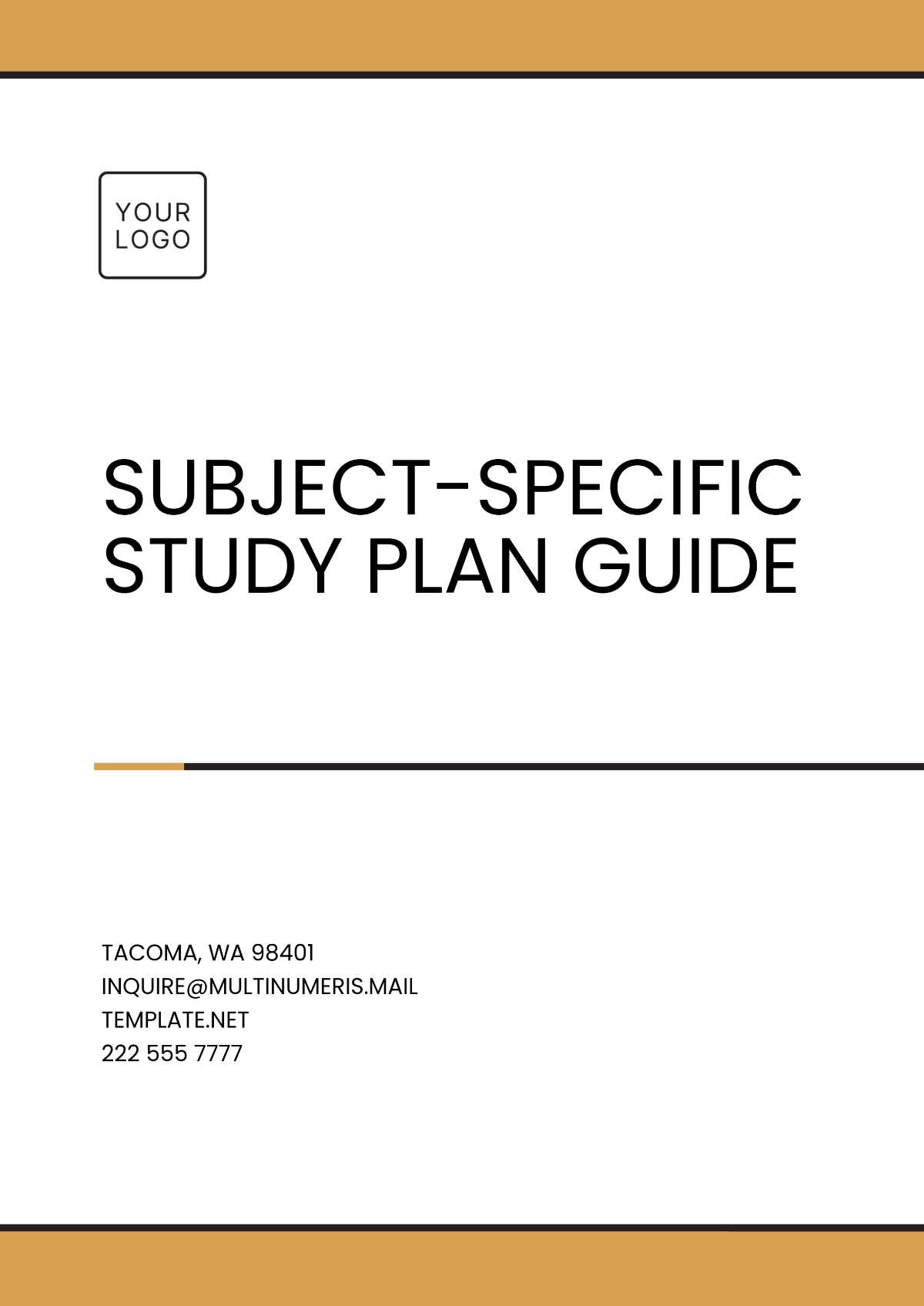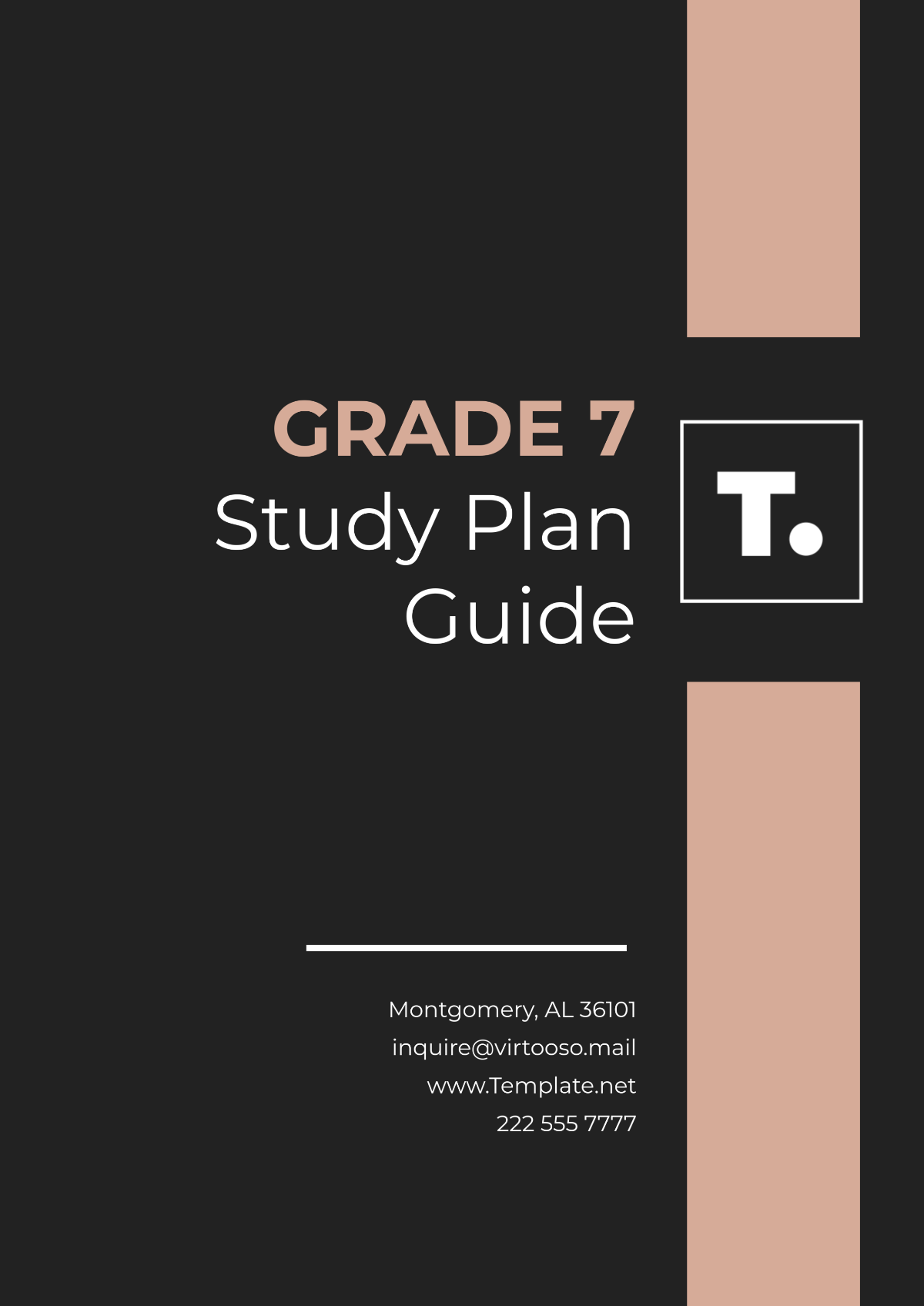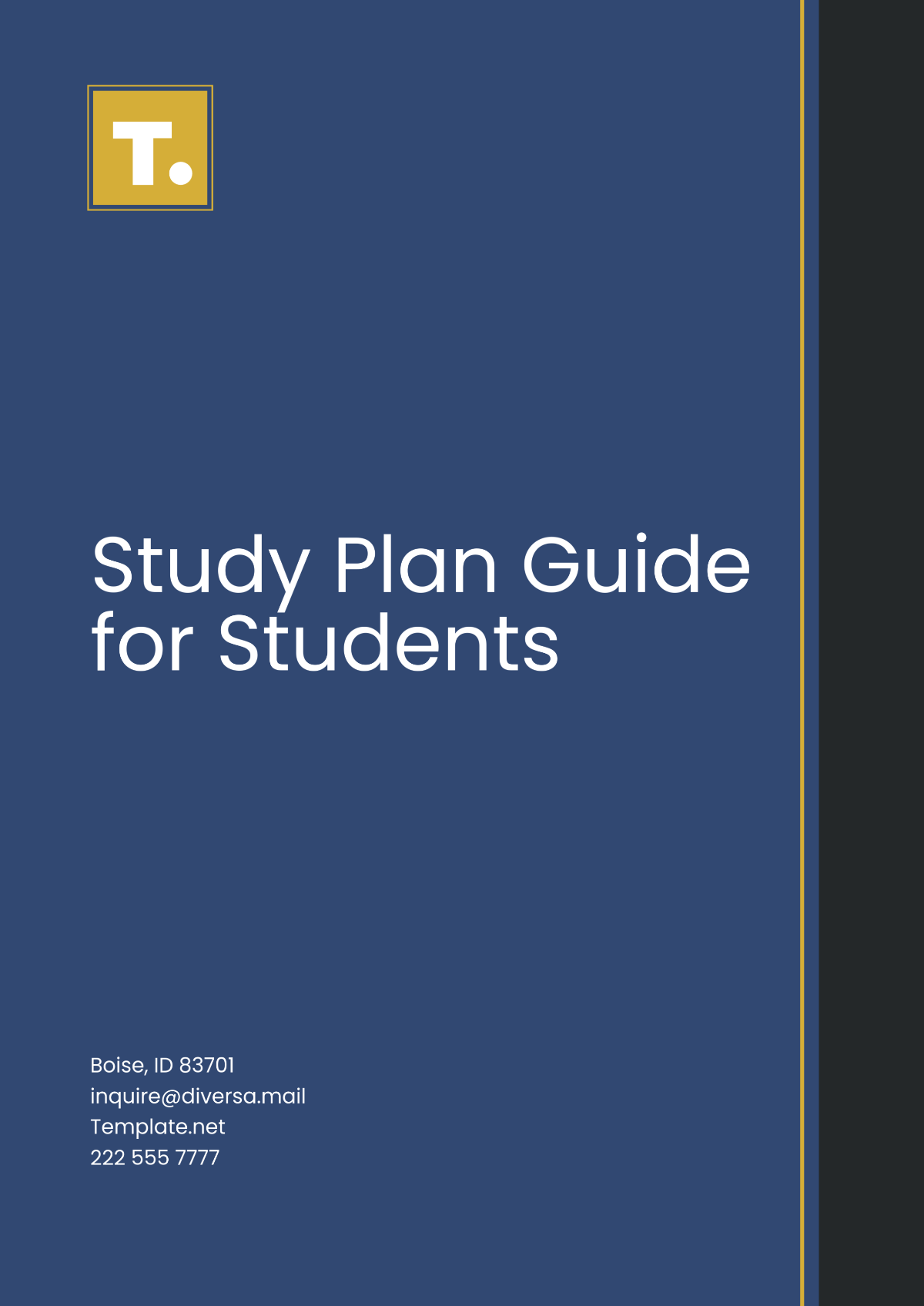ESSAY STUDY PLAN
I. Introduction
A. Purpose
As a dedicated educator within the esteemed School of [Your Company Name], I recognize the paramount importance of equipping our students with the essential skills and knowledge required for proficient essay writing. This Essay Study Plan is meticulously designed to serve as a beacon, guiding our students through the intricate maze of academic discourse, and empowering them to express their thoughts eloquently and persuasively through the written word.
B. Goals/Objectives
In alignment with the ethos of the School of [Your Company Name], the overarching objectives of this study plan are multi-faceted, aiming to:
Cultivate within students the art of articulating clear and compelling thesis statements that serve as the cornerstone of their essays.
Foster proficiency in the ethical integration of evidence and citations, ensuring academic integrity while enhancing the credibility of their arguments.
Develop students' analytical acumen, enabling them to navigate and address counterarguments with finesse and intellectual rigor.
Instill in students a profound appreciation for continuous improvement and reflective practice, thereby nurturing a lifelong commitment to honing their writing skills.
C. Overview
This five-week study plan offers a comprehensive guide to essay writing, combining theory, practice, and collaboration to transform students into skilled essayists with exceptional academic and intellectual capabilities.
II. Timeline/Schedule
Week | Activities |
|---|---|
1 | Assigned Readings and Research: Introduction to essay typology and foundational readings on essay structure and argumentation. |
2 | Class Discussion and Brainstorming: Stimulating group discourse on essay topics, immersive brainstorming exercises, and collaborative thesis statement development. |
3 | Thesis Statement Workshop: Intensive instruction on the art of crafting cogent thesis statements, supplemented by peer review sessions and iterative refinement exercises. |
4 | Peer Review and Drafting: Interactive peer review sessions to provide constructive feedback, dedicated time for individual drafting, and targeted workshops on seamlessly integrating evidence. |
5 | Revision Workshop and Final Submission: Strategic revision strategies, culminating in a final peer review process and the submission of polished essays that exemplify scholarly excellence. |
III. Subjects/Topics
Subject/Topic | Resources |
|---|---|
Argumentative Essays | "They Say/I Say" by Gerald Graff and Cathy Birkenstein are Exemplary argumentative essays for deconstruction and analysis. |
Persuasive Essays | Online Writing Labs (OWLs) offer invaluable insights into persuasive writing techniques Pertinent case studies or real-world examples illustrating persuasive rhetoric. |
Expository Essays | Access to esteemed academic journals and articles serving as exemplars of expository prose Comprehensive writing guides delineating the intricacies of structuring expository essays with finesse. |
IV. Resources
A. Recommended Books
"The Elements of Style" by William Strunk Jr. and E.B. White: A timeless classic offering indispensable guidance on grammar, style, and clarity.
"Writing Down the Bones" by Natalie Goldberg: A poignant exploration of the writer's craft, inspiring creativity and self-expression.
"On Writing Well" by William Zinsser: An authoritative guide to mastering the art of non-fiction writing, brimming with practical advice and timeless wisdom.
B. Supplementary Online Courses
Coursera: "Writing in the Sciences" by Stanford University: A comprehensive course offering invaluable insights into scientific writing, tailored to meet the exacting standards of academic rigor.
edX: "Academic and Business Writing" by University of California, Berkeley: An immersive journey into the nuances of academic and business writing, equipping students with the requisite skills for success in diverse professional settings.
C. Writing Guides and Handouts
Customized handouts elucidating the nuances of essay structure and formatting guidelines, tailored to meet the rigorous standards of the School of [Your Company Name].
Comprehensive writing center resources offering meticulous guidance on citation styles (e.g., APA, MLA), ensuring adherence to scholarly conventions and ethical standards.
V. Writing Techniques/Strategies
A. Effective Introductions and Conclusions
Engaging instruction on crafting captivating introductions and resonant conclusions that leave a lasting impression on the reader.
In-depth analysis of model essays featuring exemplary introductory and concluding paragraphs, offering invaluable insights into effective rhetorical strategies.
B. Incorporating Evidence and Citations
Strategic methodologies for seamlessly integrating evidence into the fabric of the essay, augmenting the persuasive potency of the argument.
Rigorous guidelines for proper citation practices, safeguarding academic integrity and fortifying the credibility of the essayist's assertions.
C. Addressing Counterarguments
Strategic frameworks for anticipating and addressing counterarguments with finesse and intellectual rigor, elevating the discourse to new heights of sophistication.
Immersive practice exercises in incorporating counterarguments and crafting nuanced refutations, fostering a spirit of intellectual inquiry and dialectical engagement.
VI. Practice Exercises
A. Essay Prompts with Rubrics
Thoughtfully curated essay prompts accompanied by meticulous rubrics, provide students with clear benchmarks for excellence and facilitate targeted self-assessment.
Regular feedback loops to ensure students receive constructive guidance and support throughout the iterative process of essay composition.
B. Group Work and Peer Review Sessions
Dynamic collaborative activities are designed to cultivate a culture of peer feedback and revision, fostering a spirit of camaraderie and intellectual exchange.
Structured peer review sessions characterized by specificity and depth, empowering students to refine their essays through constructive critique and dialogue.
C. In-Class Timed Writing Exercises
Simulated timed writing exercises designed to replicate the pressures of real-world writing scenarios, honing students' abilities to think critically and write persuasively under duress.
Individualized feedback on time management and essay structure, equipping students with the requisite skills for success in high-stakes academic environments.
VII. Adjustment/Reflection
Throughout this transformative journey, students will be afforded regular opportunities for introspection and self-assessment, enabling them to adapt their strategies to their evolving needs and aspirations.
Weekly reflection prompts are designed to foster metacognitive awareness and facilitate meaningful introspection, empowering students to chart their progress and set goals for future growth.
Personalized one-on-one consultations with the instructor, provide students with tailored feedback and guidance tailored to their unique strengths and areas for improvement.

